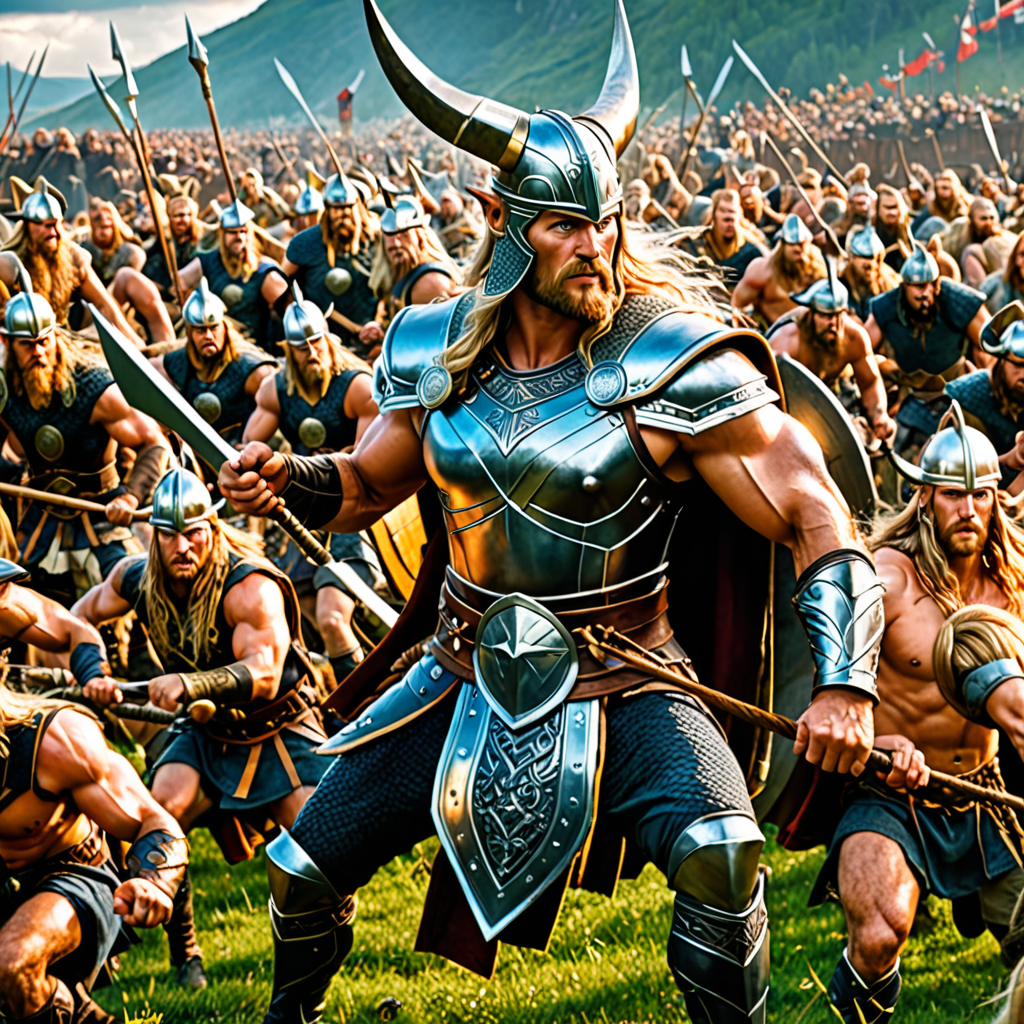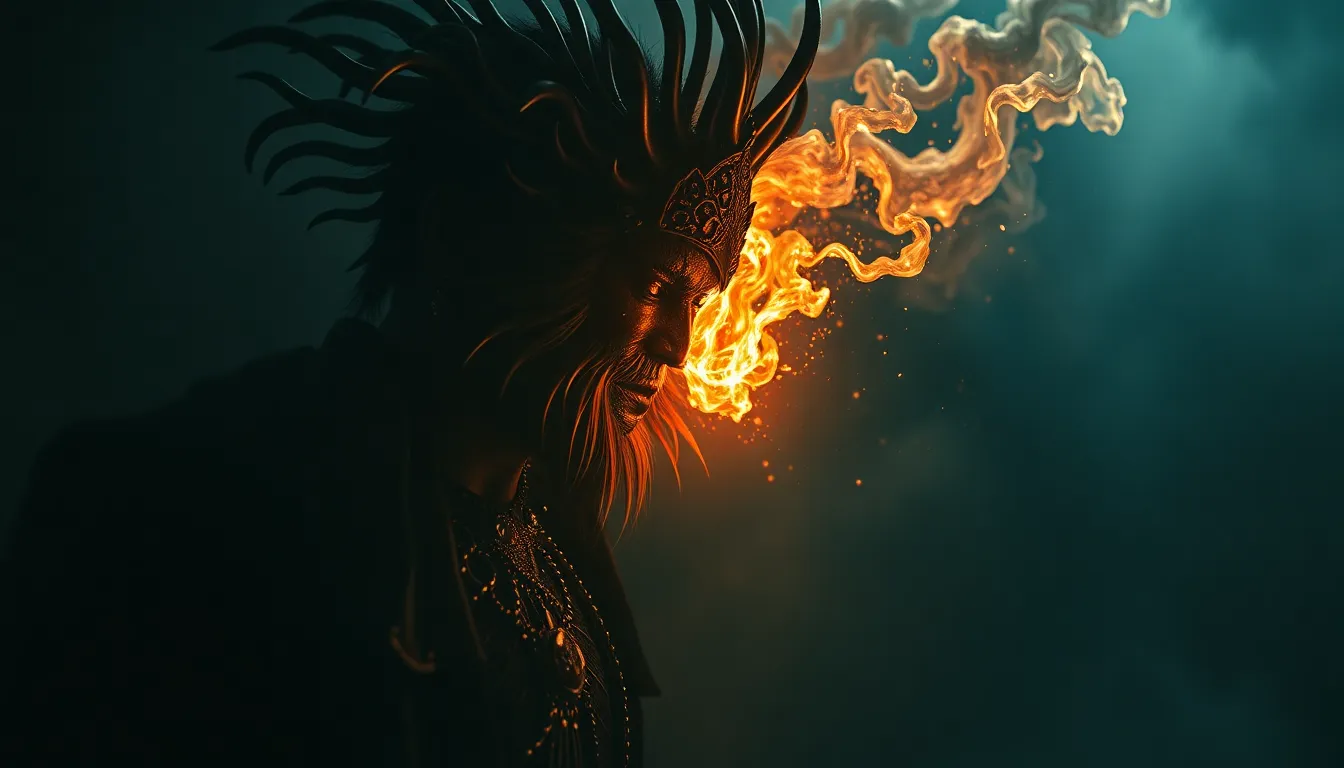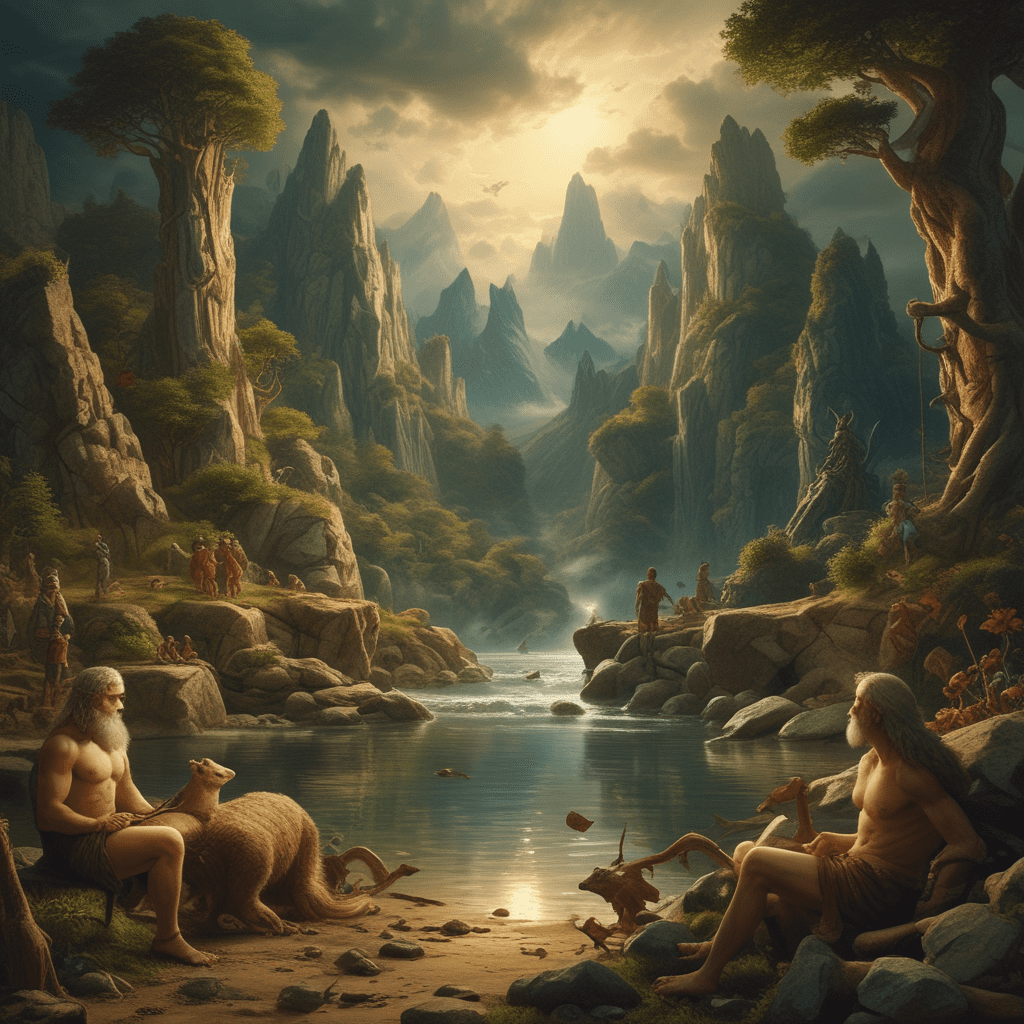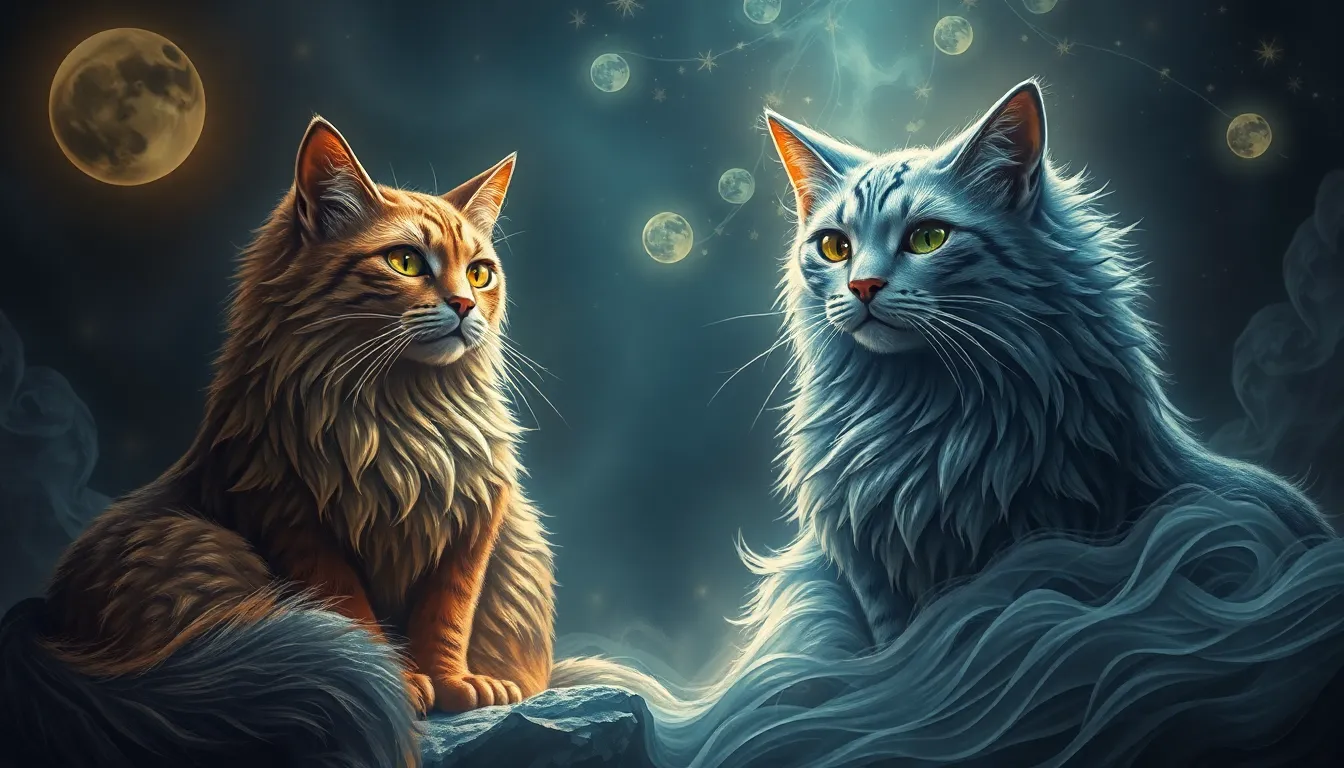The Influence of Norse Mythology on Norse Economics and Trade
Understanding Norse Mythology and Its Impact on Norse Society
Norse mythology, with its rich tapestry of gods, giants, and mystical realms, played a significant role in shaping the beliefs and values of the ancient Norse people. In Norse society, mythology wasn’t just a collection of stories but a fundamental part of their worldview, influencing everything from their social structure to their economic activities.
The Norse Pantheon and Business Ventures
Among the Norse gods, certain deities held special significance in matters of economics and trade. For example, Freyja, the goddess of love, fertility, and wealth, was often invoked by merchants seeking success in their business endeavors. Offerings and prayers to Freyja were believed to bring prosperity and abundance, leading traders to seek her favor before embarking on voyages or engaging in trade deals.
Exploring the Role of Mythological Symbols in Norse Economy
Symbols from Norse mythology were also intertwined with economic practices. The image of Yggdrasil, the World Tree that connected the nine realms, symbolized the interconnected nature of trade routes and economic partnerships in the Norse world. Additionally, items like Thor’s hammer, Mjölnir, were not only symbols of protection but also tokens of wealth and power that could influence economic transactions.
Norse Mythology as a Cultural Driver for Trade Routes
The stories and legends of Norse mythology weren’t just tales to entertain; they served as cultural touchpoints that connected different regions and shaped trade networks. The shared myths and beliefs among Norse communities created a sense of unity and trust, which facilitated the exchange of goods and resources across vast distances. Traders who shared common myths and rituals were more likely to establish successful trade partnerships, leveraging their shared cultural background for mutual benefit.
In conclusion, Norse mythology permeated every aspect of Norse society, including economics and trade. From influencing business decisions to shaping trade networks, the myths and symbols of the Norse pantheon had a profound impact on the economic activities of the ancient Norse people.
FAQs about the Influence of Norse Mythology on Norse Economics and Trade
What role did Norse mythology play in shaping Norse economics and trade?
Norse mythology had a significant impact on Norse economics and trade as it influenced cultural values, societal structures, and belief systems that guided economic activities.
How did Norse gods and legends affect economic decisions in Norse society?
Norse gods like Odin, associated with wisdom and war, and Freyja, tied to fertility and wealth, influenced economic decisions such as agricultural practices and trading activities.
Did Norse mythology impact trade routes and networks in the region?
Yes, Norse mythology, through tales of sea journeys by gods like Ægir and Njord, likely inspired Norse traders to explore new routes, leading to the expansion of trade networks across the region.
Were there specific rituals or practices related to Norse mythology that influenced economic transactions?
Yes, rituals honoring gods of commerce like Frigg and Loki were believed to bring luck in business dealings, leading traders to incorporate these practices into their economic transactions.
How did the concept of fate and destiny in Norse mythology affect economic endeavors?
The belief in fate and destiny, as depicted in Norse myths like the Norns weaving the threads of fate, influenced the Norse perspective on risk-taking in economic endeavors, shaping their approach to trade and investment.



